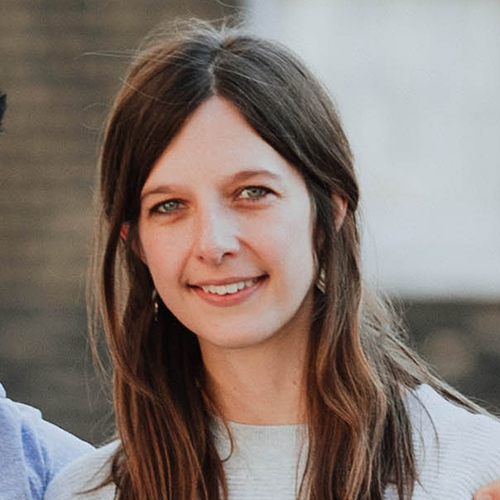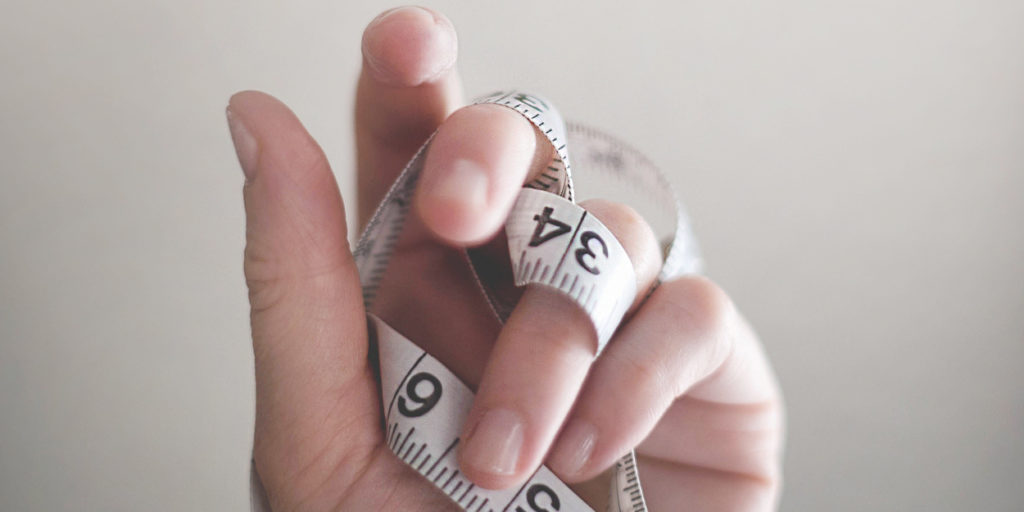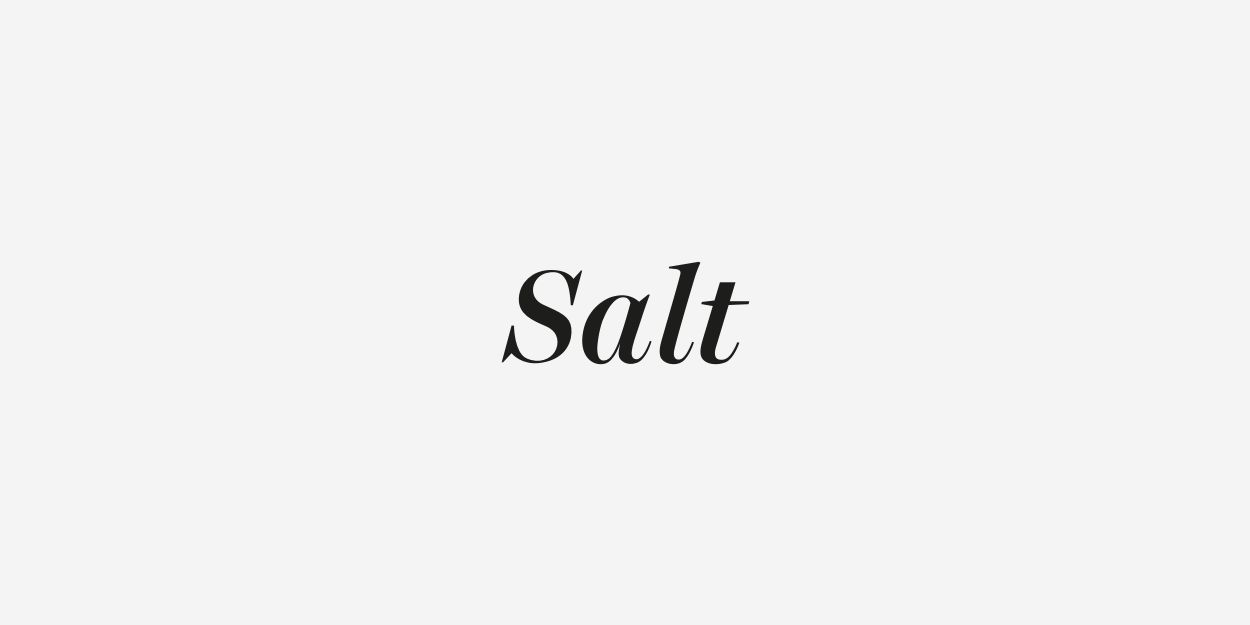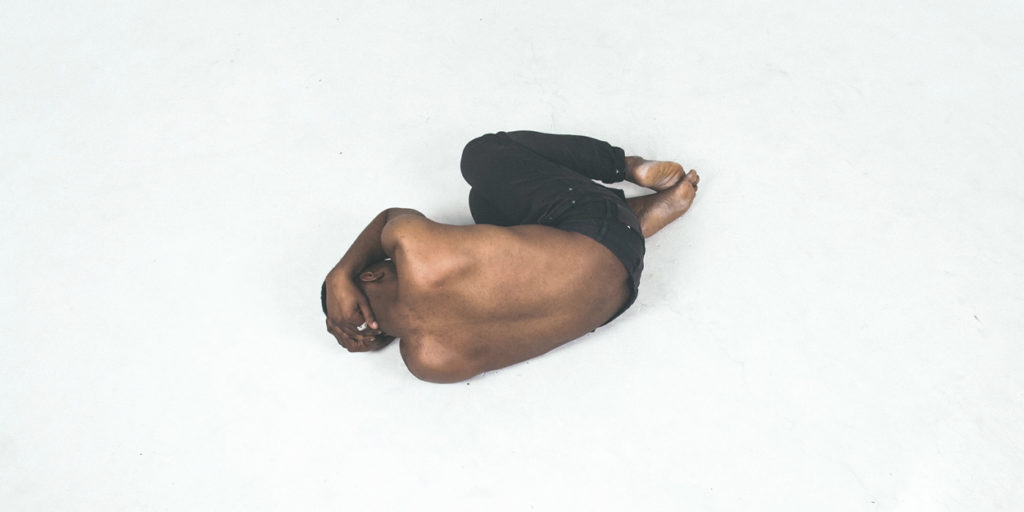‘Comparison is the thief of joy’ said Theodore Roosevelt. As humans we naturally spend our lives trying to situate ourselves in relation to one another. ‘Is she more beautiful than me?’ ‘Do people like him more than me?’ ‘I am far better at my job than him, so why did he get the promotion?’ I think most of us have secret (sometimes not so secret) thoughts like this about colleagues, friends, people we don’t even know.
Comparison can be the root of all sorts of behaviours and choices. We might choose to dress a certain way so that we feel confident about ourselves when we’re with good-looking friends. We might make sure we never miss an event with our friendship group so that we don’t lose our popularity to a likeable newcomer. We might push ourselves to the limit at work so that we get the position that proves we’re as good as our peers.
For me, the consideration that I was worthless compared to other people was a dominating thought in my life at one stage. It was a vague but overwhelming feeling. One of the ways I fought this was by becoming really good at ‘eating right’. In my case, a focus on food and body weight developed into an obsession which I battled for about seven years.
It is important to say here that eating disorders are complex and different for every person. I would never attempt to address all of the intricacies of an eating disorder in one short piece, nor simplify the struggle that people are going through. However, for me, one of the roots of controlling my food intake was a desire to achieve something, to make me better than other people, and to be able to consider myself as ‘good’ in my own critical eyes.
Try as I might, I could not rationalise my way out of these feelings. I hated my preoccupation with my intake but I also liked the effect it had on my body size.
I slowly developed habits of obsessively balancing food intake with exercise, I constantly felt anxious about consuming too much, and I became terrified of the dreaded comment ‘you look well’ — this was, in my ears, synonymous with ‘you’ve put on weight’. I found myself making sure I always ate less than other people — which was an indication that I had eaten a ‘safe’ amount — and I felt horribly guilty if I ever overstepped the boundaries I’d set myself with food. My weight dropped as I learnt to control my diet and this affected my physical health.
Try as I might, I could not rationalise my way out of these feelings. I hated my preoccupation with my intake but I also liked the effect it had on my body size. I felt there was something I could achieve that other people couldn’t. Expressions of concern about my health from family and friends would shock and sadden me, but they weren’t enough to lift me out. I was dealing with this as a Christian, but I didn’t let my faith touch this part of my life. I even justified what I was doing with the thought that God did not want me to be greedy. I felt frustratingly trapped and couldn’t see any escape route.
Change came for me when I realised that the God of the Bible, the God I trust in, does not relate to me in comparison to anyone else. Nor is he a God who requires external ‘goodness’. The Bible tells us that one day Jesus met a woman who had been shunned by her community. Jesus revealed that he knew everything about her life, even though he had never met her before. She had slept with lots of men, which would have been a shameful thing in her culture. Yet he approached her with gentleness in this one-to-one encounter, not dwelling on what she had done, but telling her that he could give her the abundant, fulfilling life she longed for. His intriguing, attractive offer did not come with provisos. Jesus’ attitude towards her was unswervingly kind and tender, giving her immense dignity.
Whenever Jesus encountered people he challenged the temptation of humans to compare themselves to others — he deliberately sought out the socially rejected and by doing so, outraged those who were upstanding in society. He didn’t ask for a polished outward appearance but rather knew all the messiness of the people he met and told them he could heal and forgive them. Jesus’ approach towards those he met negated their need to find their identity in relation to other people; they did not need to prove that they were valuable. He gave them great worth by loving them as they were.
I don’t want the conclusion to my story to seem trite, and I write as someone who still compares herself to other people, and still slips into feeling guilt over food and her clothes size. But coming to understand God’s unconditional love has enabled me to be free now, freer than I ever have been, from the desire to prove my value by being thin.
My own encounter, like the woman at the well, with a God who knows ‘everything I ever did’ [1] and loves me, is something that has utterly changed my life.





